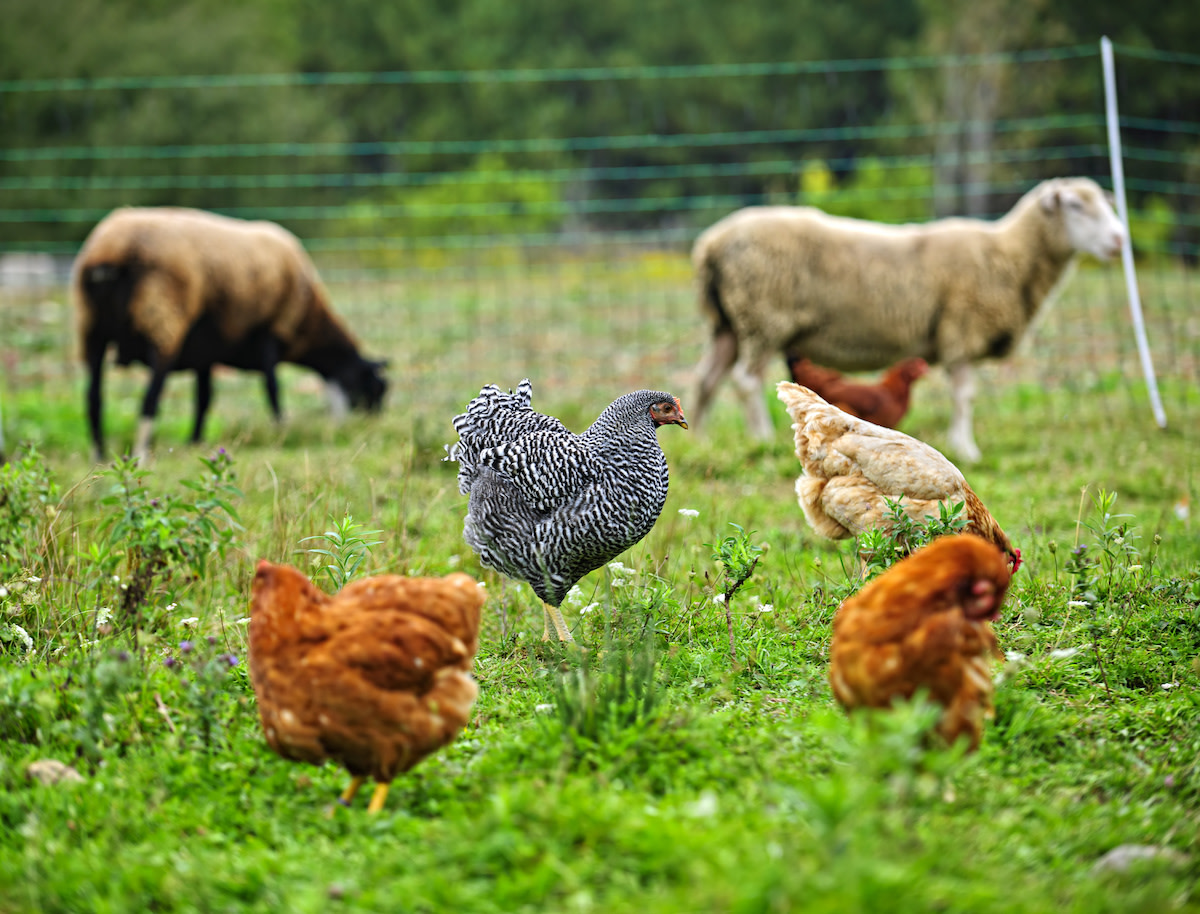How Biodynamic Farming Works: Biodynamic Farming Guide
Written by MasterClass
Last updated: Jun 7, 2021 • 2 min read
Biodynamic farming and gardening is a way for land cultivators to develop a symbiotic relationship with their soil. Biodynamic practices take the life force and natural elements of the land into consideration when cultivating crops, establishing a more biologically harmonious environment and more efficient farm management.
Learn From the Best
What Is Biodynamic Farming?
Biodynamic farming is a form of alternative agriculture that takes an ecological and ethical approach to farming, food, and gardening. Traditional farming—which includes both conventional and organic farming—erodes soil quality over time with grazing livestock, crops, and other nutrient-draining vegetation. Biodynamic agriculture offers a way to maintain and restore ecological balance and organic harmony to your farm ground or garden, making efficient use of your farm’s natural energy.
Biodynamic farming leads to long-term, sustainable agriculture. To earn a biodynamic certification by the Demeter Association, a farm must meet particular guidelines, such as for livestock, processing procedures, post-harvest handling, and greenhouse management.
What Are the Origins of Biodynamic Farming?
In 1924, after various farmers raised concerns about the degradation of soil due to constant use and chemical fertilizers, Austrian philosopher Rudolf Steiner taught an agriculture course, giving a series of lectures on anthroposophic farming that would eventually come to be known as biodynamic farming.
During the lectures, Steiner introduced the concerned farmers to a spiritual philosophy called anthroposophy, or the study of the nature of man. These lectures are regarded as the first presentation on modern organic agriculture. Steiner explored the relationship between farmer and land, declaring that humans have a responsibility to take care of their habitat and its natural resources.
Steiner formed a large anthroposophical society/research group, involving at least 800 members from all over the world. Not long after, another group of biodynamic practitioners formed, led by German agronomist Erhard Bartsch, to test the effects of biodynamic methods on soil health, plant quality, and animal life.
What Are the Principles of Biodynamic Farming?
Biodynamic farming practices and farming methods include avoiding chemical soil fertilizers to enhance soil fertility, consideration of biological organisms (from living organisms in the soil to animal health), diverse crop rotation, cover crops, green animal manures, as well as meeting certain guidelines for perennial and annual planting.
A percentage of farmland is usually set aside for biodynamic practices like biodiversity preservation (such as established wetlands or planted insectaries to contribute to the ecological equilibrium). The biodynamic principles share a spiritual focus, connecting humans and the land, with the main goal of cultivating an environment that will improve humanity.
Learn More
Grow your own food with Ron Finley, the self-described "Gangster Gardener." Get the MasterClass Annual Membership and learn how to cultivate fresh herbs and vegetables, keep your house plants alive, and use compost to make your community - and the world - a better place.
